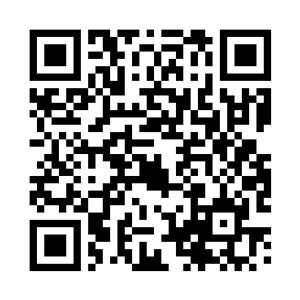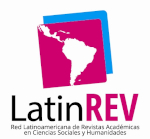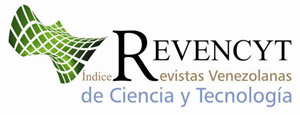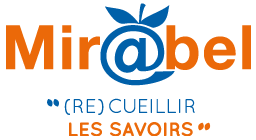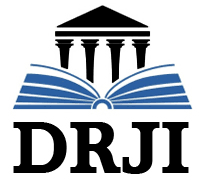Teacher 2.0, new role for the teaching-learning process in innovative educational practices
Keywords:
teacher 2.0, teaching-learning, innovative practiceAbstract
The main purpose of this essay is to describe the 2.0 teacher and his new role for the teaching-learning process in innovative educational practices. The methodology is framed in a documentary study, using approaches from different authors of the study topic obtained in digital scientific journals, reflecting reflective positions as researchers on the topic addressed. It is said that teacher 2.0 is an educational practice, as it is described by making use of the digital services offered by web 2.0, which is characterized by being dynamic and interactive, represented mainly by different social networks, blogs, wikis, etc. others. Also, the website offers a great diversity of options, therefore, it allows its adaptation to the educational field, where the teacher makes use of them, adapting them to his actions according to the needs presented in the classroom. It can be concluded that Web 2.0, considered dynamic, due to its wide variety of tools adaptable to the educational environment, are very useful to carry out the teaching-learning process in an innovative way, allowing creativity in each student, therefore, it is up to each teacher to break that traditional model which sometimes turns out to be monotonous and colonized.
Downloads
References
CEPAL-UNESCO (2020). La educación en tiempos de la pandemia de COVID-19. Informe COVID-19 https://repositorio.cepal.org/server/api/core/bitstreams/c29b3843-bd8f-4796-8c6d-5fcb9c139449/content
Fundación Telefónica Movistar Ecuador (2016) 4 Claves para convertirte en un docente 2.0. https://fundaciontelefonica.com.ec/noticias/4-claves-para-convertirte-en-un-docente-2-0/
García Aretio, L. (2021). COVID-19 y educación a distancia digital: preconfinamiento, confinamiento y posconfinamiento. RIED. Revista Iberoamericana de Educación a Distancia, vol. 24(1),8-25. https://www.redalyc.org/articulo.oa?id=331464460001
Islas Torres, C., & Carranza Alcánta, M. (2011). Uso de las redes sociales como estrategias de aprendizaje. ¿Transformación educativa? Revista Apertura ISSN: 1665-6180, 3(2). https://www.redalyc.org/pdf/688/68822737001.pdf
Sandoval, C. (2020). La Educación en Tiempo del Covid-19 Herramientas TIC: El Nuevo Rol Docente en el Fortalecimiento del Proceso Enseñanza Aprendizaje de las Prácticas Educativa Innovadoras. Revista Tecnológica-Educativa Docentes 2.0 ISSN: 2665-0266, 9(2), 24-31. https://doi.org/10.37843/rted.v9i2.138
Tello, E., Sosa, C., Lucio, M. y Flores, Ma. Magdalena (2010). Análisis de los servicios de la tecnología Web 2.0 aplicados a la educación. No solo usabilidad, No.9, 2020. ISSN: 1886-8592 https://nosolousabilidad.com/articulos/tecnologia_educacion.htm
Vargas, J., Vargas, S. y Pinto, K. (2022). Tendencias de web 2.0 como Plataforma Tecnológica para la Innovación en el Pensamiento Pedagógico Docente. Revista Temario Científico, 2 (2), 39- 49 https://alinin.org/ojs/index.php/temariocientifico/article/view/34
Published
How to Cite
Issue
Section
License
Copyright (c) 2023 Juan Pablo Vargas Aponte

This work is licensed under a Creative Commons Attribution-NonCommercial-ShareAlike 4.0 International License.





